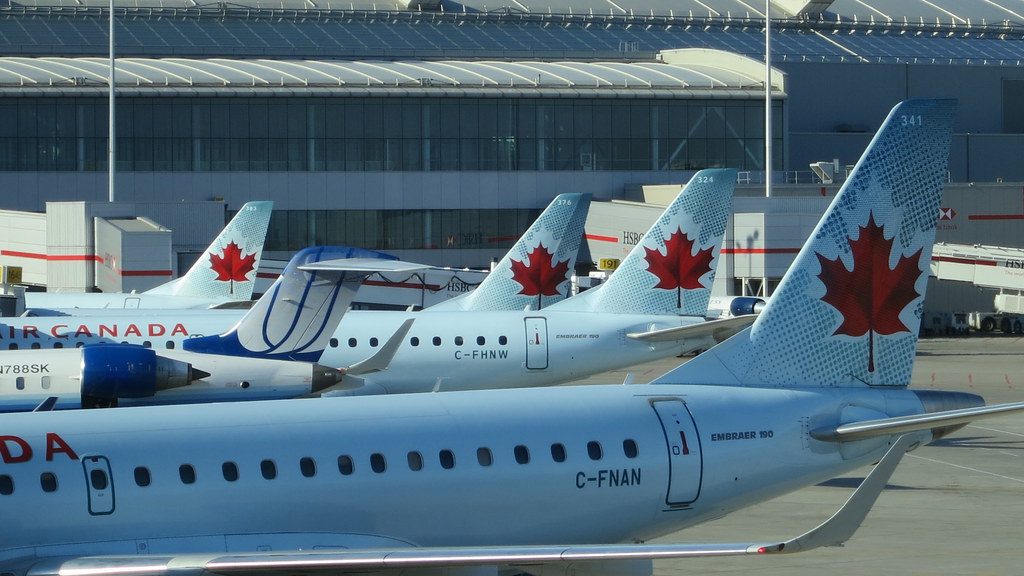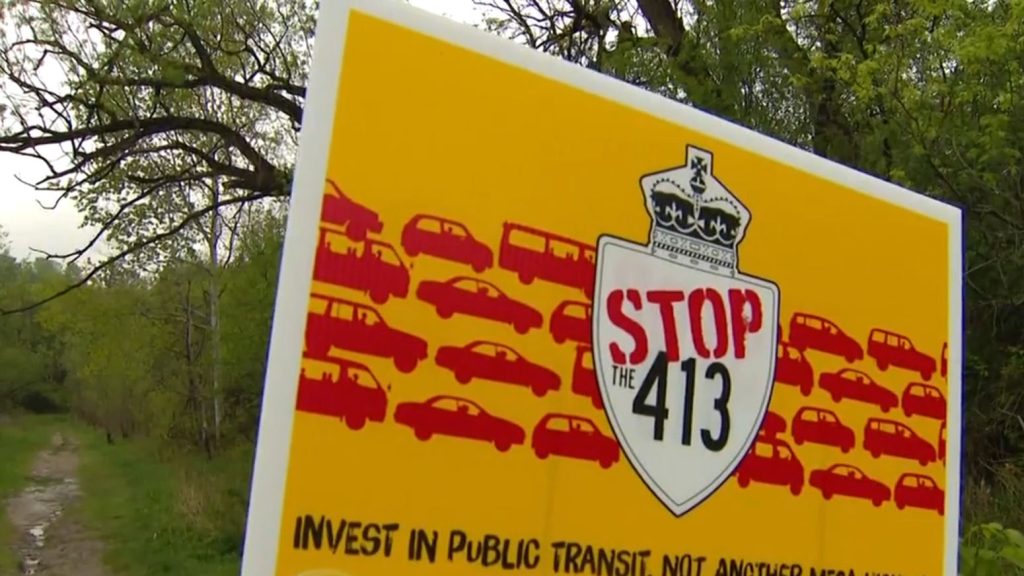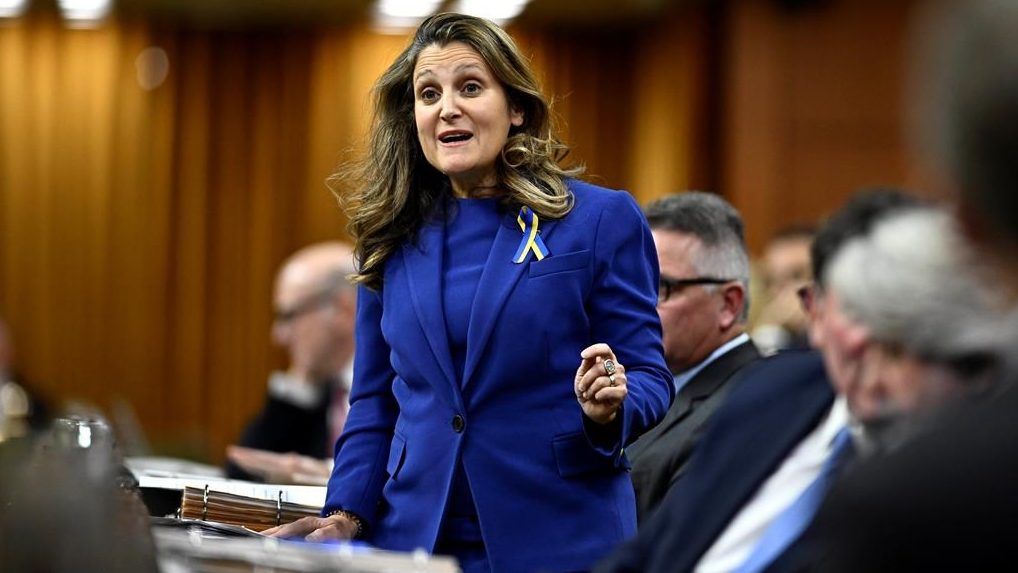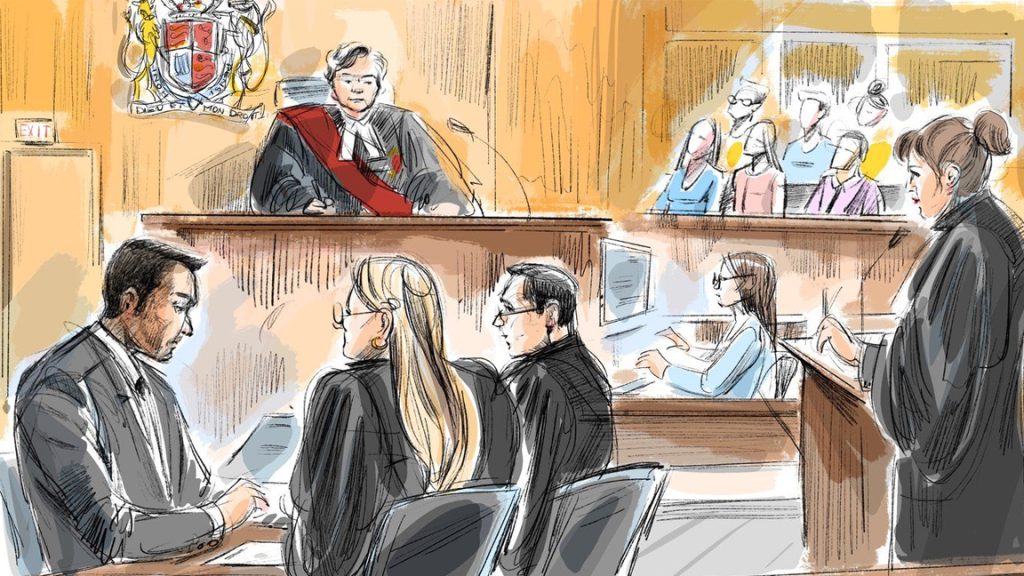Canada faces immediate, long-term decisions on China ties after two Michaels’ return

Posted September 27, 2021 6:14 am.
Last Updated September 27, 2021 3:01 pm.
While the return of two detained Canadians has ended a contentious dispute between Canada and China, experts say Ottawa now faces some hard choices when it comes to Beijing.
University of British Columbia professor Paul Evans, one of Canada’s top experts on China and Asia, expects a number of decisions to be rolled out in the coming weeks and months now that Michael Kovrig and Michael Spavor have been returned home.
China’s Foreign Ministry said Monday that the two prisoners were released on bail for health reasons.
A ministry spokesperson made the comment as Beijing sought to downplay the connection between their release and the return to China of a long-detained executive of Huawei Technologies.
RELATED:
Among the decisions Evans is expecting is whether to let Chinese telecom giant Huawei participate in Canada’s 5G wireless network, and the extent to which Canadian universities will be allowed to work with Chinese entities.
University of Ottawa professor Roland Paris, who served as Prime Minister Justin Trudeau’s first foreign policy adviser, says the re-elected Liberal government should also move quickly to develop a long-term strategy for dealing with China.
The Liberals promised in their election platform that they would develop a comprehensive strategy for the Asia-Pacific region, which Paris says is long overdue and will be needed to navigate what will be a challenging relationship.
Spavor and Kovrig were released after being held in a Chinese prison for more than 1,000 days in apparent retaliation for Canada’s arrest of Huawei executive Meng Wanzhou.
Many countries labelled China’s action “hostage politics,” while China accused Ottawa of arbitrary detention.
“The case of Meng Wanzhou is completely different from that of Michael Kovrig and Michael Spavor in nature,” Foreign Ministry spokeswoman Hua Chunying told reporters at a daily briefing on Monday.
China released the two Canadians on bail after a “diagnosis by professional medical institutions, and with the guarantee of the Canadian ambassador to China,” Hua said.
Hua did not answer questions from journalists about whether the prisoner releases were entirely unrelated and what the health reasons were.
Wanzhou was released from Canadian custody Friday after reaching a plea deal with authorities from the U.S., where she had faced fraud charges.
White House plays down notion of link between Meng decision, release of two Michaels
The White House is playing down the links between the release of Spavor and Kovrig and last week’s decision to abandon the extradition of Wanzhou.
Press secretary Jen Psaki says the U.S. Department of Justice is an independent agency and reached the decision to pursue a deferred prosecution agreement with the Huawei executive on its own.
Psaki says U.S. President Joe Biden urged China at every turn to release the two men, whose arrests were widely seen as retribution for Canada’s arrest of Meng in December 2018.
“I would note that the President and every member of our administration, national security officials who have had contact with Chinese officials over the past nine months, have made clear that they want to see the release of the two Michaels and of course, any American who is not able to leave China,” she said.
But Psaki says abandoning the Meng case should not be taken as evidence of a shifting foreign policy approach toward China.
Republicans, most notably Florida Sen. Marco Rubio, have criticized the agreement and want the White House to brief Congress on how it came about.
With files from The Associated Press










